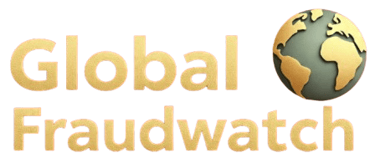Justicia y Transparencia Global
Denunciamos la corrupción en América Latina para exigir justicia y responsabilidad legal
Sobre Global Fraudwatch
Organización de Abogados de todo Latinoamerica denunciando la corrupción en América Latina, promoviendo justicia y transparencia a través de nuestro sitio web.






Nuestra Misión
Luchamos contra la impunidad denunciando actos corruptos y llamando a la acción a jueces y fiscales en América Latina.
Galería
Denuncias visuales que inspiran justicia y transparencia










Contáctenos
info@globalfraudwatch.org
© 2025. All rights reserved.
